Search
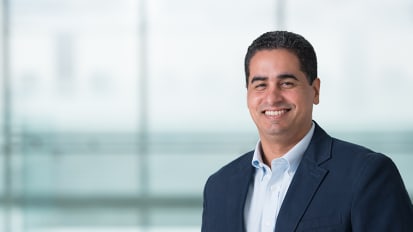 News
News
Rethinking How Cancer Cells Evade Targeted Therapy
Glioblastomas (GBMs) are incurable brain tumors with a prognosis of about one-and-a half years on average. They are highly resistant to treatment and have defied all attempts at precision therapy. News
News
Can Gene Expression Predict if a Brain Tumor Is Likely to Grow Back?
Screening tumors using this new approach could change the course of treatment for nearly 1 in 3 people with meningioma, the most common form of brain tumor diagnosed in 42,000 Americans each year. Document
Document
Pancreas Center
Novel therapeutics and state-of-the-art surgical techniques combined with an array of support services for patients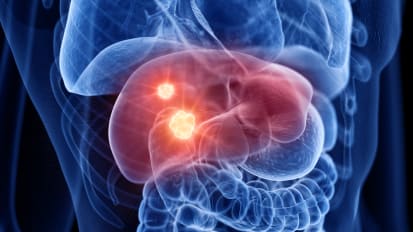 News
News
Novel Immunotherapy Combination Destroys Colorectal Liver Metastases
UCSF researchers disrupt tumor immune environment with LIGHT/anti-CTLA-4 therapy in preclinical models.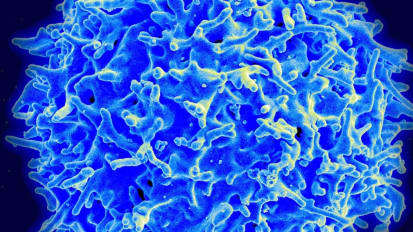 News
News
Killing Pancreatic Cancer with T Cells that Turbocharge Themselves
Novel Immunotherapy Pumps Out Cancer-Killing Cytokines Only Inside the Tumor News
News
An Extraordinary Response: A Young Woman’s Path to Overcoming Metastatic Colon Cancer
28-year-old woman mother of two was healthy up until a month prior, when she developed severe anemia, diarrhea and emesis, accompanied by a 25-pound weight loss.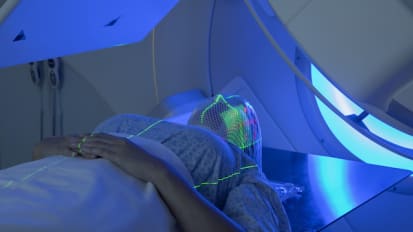 Video
Video
Incorporating Clinical Trials Into Patient Care: A Unique Approach to Treating Head & Neck Cancer
With the advent of immunotherapy, UCSF physicians are incorporating clinical trials into head and neck cancer patient care and changing the treatment paradigm. Document
Document
Minimally Invasive and Robotic Thoracic Surgery
UCSF Health offers a robotic thoracic surgery program specializing in treating thoracic disease. Document
Document
2019-20 Referral Services Guide
UCSF Health is recognized throughout the world for innovative treatments, advanced technology, collaboration among clinicians and scientists, and a highly compassionate team of patient care providers. Video
Video
Approaches to Hematologic Cancers
Jeffrey Wolf, MD, director of the Myeloma Program at UCSF Health, discusses the traditional approaches to hematologic cancers.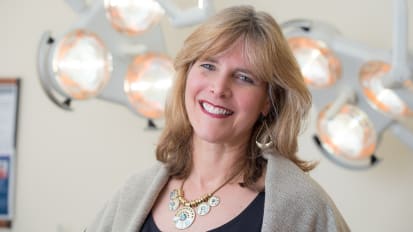 News
News
UCSF Deploys Innovative Data System to Integrate Research and Care
UC San Francisco (UCSF), in collaboration with the Quantum Leap Healthcare Collaborative (QLHC) and the U.S. Food and Drug Administration (FDA) has developed the OneSource system to seamlessly integrate clinical care and research data.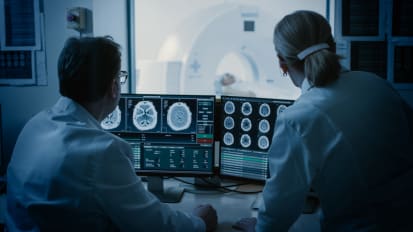 Video
Video
Hope on the Horizon: Specialists Reveal New Approaches to Deadly Malignancies
Here’s an exciting look at recent improvements in our understanding and management of certain malignancies normally associated with a poor prognosis.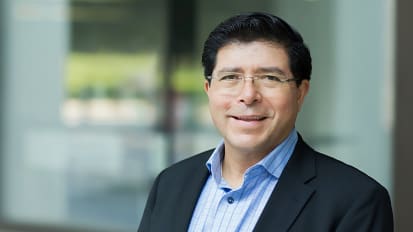 News
News
Pancreatic Cancer Patient Exceeds Life Expectancy After Complex Whipple Procedure at UCSF
A team of UCSF surgeons devised a successful reconstruction approach during a complex Whipple procedure in a 69-year-old man with locally advanced pancreatic adenocarcinoma.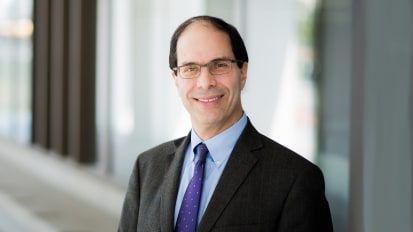 News
News
UCSF Prostate Cancer Specialist Inducted into Annual Class of “Giants of Cancer Care”
Eric Small, MD, has been announced as one of the winners of the 10th annual Giants of Cancer Care® awards. News
News
AI in Cancer Care, Targeted Therapies Among Cancer Conference Talks
Leading cancer researchers from UC San Francisco presented talks about advances in targeted therapies, cancer genomics, using AI to personalize cancer treatment, improving diagnosis of hard-to-treat cancers and other cancer research topics at this year’s annual meeting of the American Association for Cancer Research (AACR) conference. News
News
Prioritizing Organ Preservation for Rectal Cancer Patients
Although rectal cancer is a life-threatening disease, it is highly curable in its early stages. Depending on the location and state of the cancer, surgery may be required. News
News
UCSF Surgical Oncologists Present Clinical Findings at International Conference
The latest advances in surgical cancer care and research were showcased at the Society of Surgical Oncology’s (SSO) Annual Meeting, the International Conference on Surgical Cancer Care. The meeting was held in Boston, from March 22 – 25, 2023. News
News
International Conference Features UCSF Breast Cancer Experts
Breast cancer experts from UCSF Health will present new research and clinical findings at the annual San Antonio Breast Cancer Symposium, the world’s largest and most prestigious breast cancer conference. Video
Video
A Better Understanding of Breast Cancer Risk: How to Find the Best Options for Individual Patients
Doctors must weigh numerous factors as they seek to identify and manage patients at high breast cancer risk.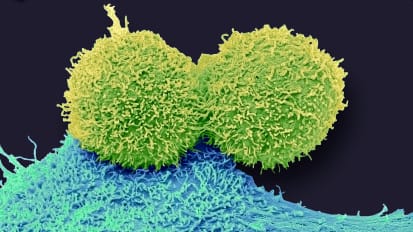 News
News
UCSF and I-SPY 2 Breast Cancer Researchers Develop Newly Redefined Breast Cancer Response Subtypes
Research scientists and statisticians from UC San Francisco have developed improved biomarker classifications as part of their research results in the I-SPY 2 trial for high-risk breast cancer patients.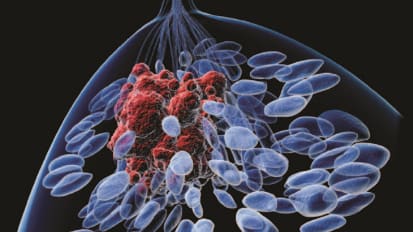 Document
Document
Breast Oncology
Expert care and transformative research working together to improve both survival and quality of life Video
Video
Cancer Immunotherapy: Promise and Pitfalls
Oncologist David Oh speaks at the October 2017 Bay Area Breast Cancer Forum about key developments in immunotherapy like immune checkpoint inhibitors and T-cell therapies, plus its use in experimental approaches to breast cancer treatment. Video
Video
Advances (and Uncertainties) in Oncology: Current and Future Roles of Antibody Drug Conjugates
Focusing on common bladder, lung and breast cancers, three UCSF oncologists describe how antibody drug conjugates (ADCs) are changing the treatment landscape, especially for refractory cases Document
Document
CAR-T Cell Therapy Treatment and Research
UCSF is a leader in the newest forms of cellular immunotherapy, which have been shown to be particularly effective in the treatment of B-cell non-Hodgkin lymphoma (NHL) and B-cell acute lymphoblastic leukemia (B-ALL).

